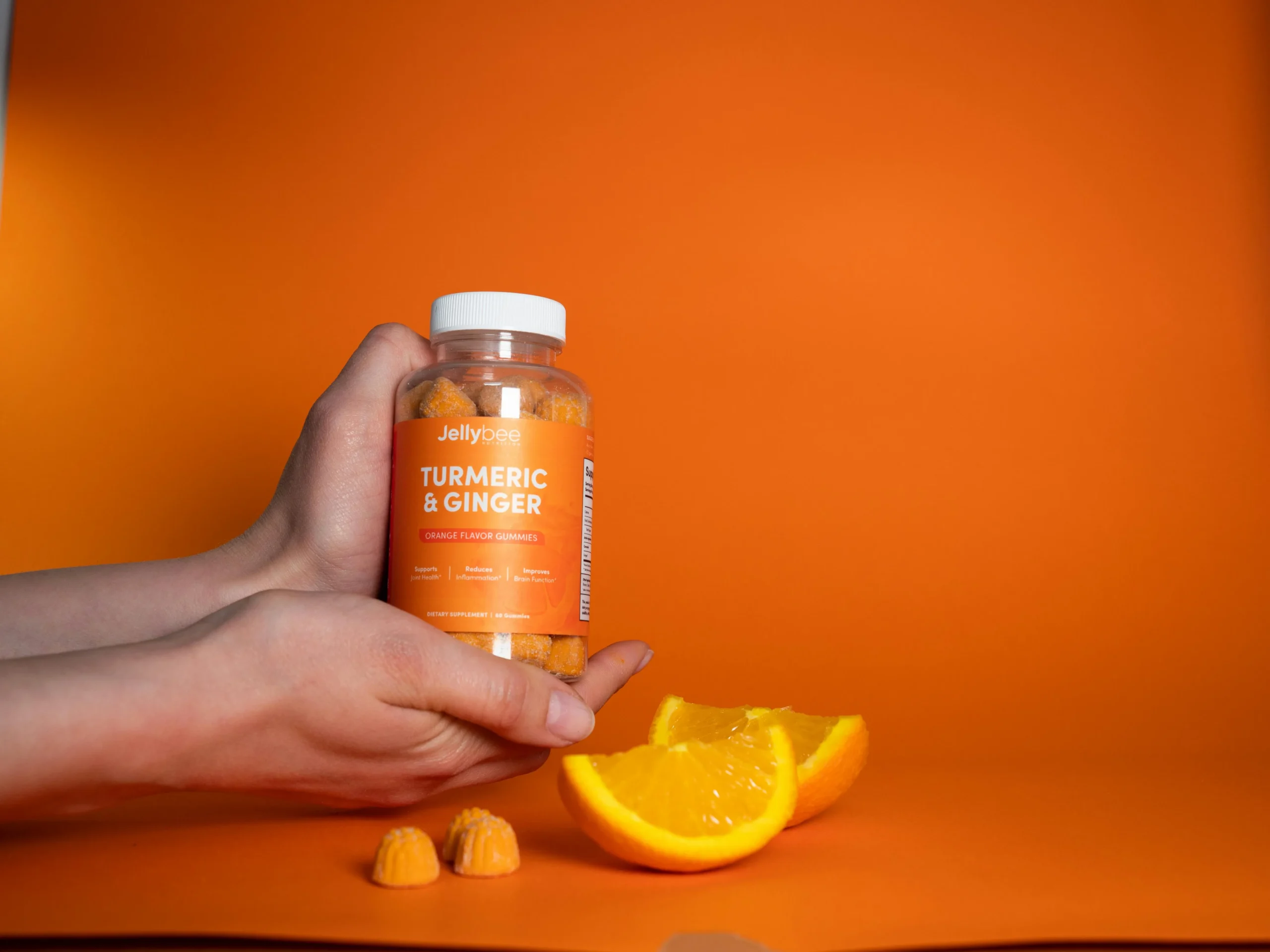In today’s fast-paced world, inflammation has become a common concern for many individuals. Whether it’s due to stress, poor diet, lack of exercise, or underlying health conditions, chronic inflammation can have detrimental effects on our overall well-being. Fortunately, adopting an anti-inflammatory lifestyle can help prevent and reduce inflammation, leading to improved health and vitality. In this comprehensive guide, we will explore how to prevent inflammation with an anti-inflammatory lifestyle, providing practical tips and insights for a healthier and happier life.
Understanding Inflammation
Before delving into the strategies for preventing inflammation, it is essential to understand what inflammation is and how it affects our bodies. Inflammation is a natural immune response that occurs when our body detects harmful stimuli, such as pathogens, damaged cells, or irritants. While acute inflammation is a necessary and beneficial process that helps heal injuries and fight infections, chronic inflammation can lead to various health issues, including heart disease, diabetes, arthritis, and even cancer.
Types of Inflammation
There are two main types of inflammation: acute and chronic. Acute inflammation is a short-term response to injury or infection, characterized by redness, swelling, heat, and pain. On the other hand, chronic inflammation is a long-term, low-grade response that can persist for weeks, months, or even years, leading to systemic damage and disease.
Read also: Nourish Your Body: Plant-Based Breakfast for Optimal Health
The Role of Diet in Inflammation
One of the most significant factors that contribute to inflammation is diet. Consuming a diet high in processed foods, sugar, trans fats, and refined carbohydrates can promote inflammation in the body. On the other hand, adopting an anti-inflammatory diet rich in whole foods, fruits, vegetables, healthy fats, and lean proteins can help reduce inflammation and improve overall health.
Anti-Inflammatory Foods
- Fatty fish like salmon, mackerel, and sardines, rich in omega-3 fatty acids
- Leafy greens such as spinach, kale, and arugula, packed with antioxidants and anti-inflammatory compounds
- Berries like blueberries, strawberries, and raspberries, high in antioxidants and anti-inflammatory properties
- Nuts and seeds like almonds, walnuts, and flaxseeds, excellent sources of healthy fats and anti-inflammatory nutrients
- Turmeric, ginger, garlic, and other herbs and spices known for their anti-inflammatory properties
Read also: Nourishing Your Gut: Harnessing the Power of Prebiotics and Probiotics
Exercise and Physical Activity
Regular exercise and physical activity play a crucial role in preventing inflammation and maintaining overall health. Physical activity helps reduce inflammation by boosting circulation, promoting the release of endorphins, and strengthening the immune system. Aim for at least 150 minutes of moderate-intensity exercise per week, such as brisk walking, cycling, or swimming, to reap the anti-inflammatory benefits of physical activity.
Types of Exercise for Inflammation
- Aerobic exercise like running, dancing, or aerobics to improve cardiovascular health and reduce inflammation
- Strength training with weights or resistance bands to build muscle mass and lower inflammation levels
- Yoga, Pilates, or stretching exercises to improve flexibility, reduce stress, and calm the mind
Stress Management and Mindfulness
Chronic stress can trigger inflammation in the body by releasing cortisol, a stress hormone that can disrupt the immune system and promote inflammatory responses. Practicing stress management techniques such as mindfulness, meditation, deep breathing, and yoga can help reduce stress levels, lower inflammation, and improve overall well-being.
Stress-Relief Techniques
- Deep breathing exercises to calm the nervous system and reduce stress levels
- Mindfulness meditation to cultivate present moment awareness and promote relaxation
- Yoga and tai chi for gentle movement, stretching, and stress relief
- Social support and connection with loved ones to foster emotional well-being and reduce stress
Quality Sleep and Rest
Getting an adequate amount of quality sleep is essential for preventing inflammation and promoting overall health. Chronic sleep deprivation can disrupt the body’s immune function, increase inflammation, and raise the risk of developing chronic diseases. Aim for 7-9 hours of quality sleep each night by establishing a relaxing bedtime routine, creating a comfortable sleep environment, and practicing good sleep hygiene.
Tips for Better Sleep
- Establish a regular sleep schedule by going to bed and waking up at the same time every day
- Avoid stimulants like caffeine and nicotine close to bedtime to promote restful sleep
- Create a calming bedtime routine with activities like reading, taking a warm bath, or practicing relaxation techniques
- Ensure your sleep environment is dark, quiet, and comfortable for optimal rest and relaxation
Conclusion
Preventing inflammation with an anti-inflammatory lifestyle is a holistic approach that encompasses healthy eating, regular exercise, stress management, quality sleep, and overall well-being. By adopting these lifestyle habits and making conscious choices that prioritize inflammation reduction, you can enhance your health, vitality, and longevity. Remember that small changes can make a big difference in preventing inflammation and promoting a healthier, happier life.

